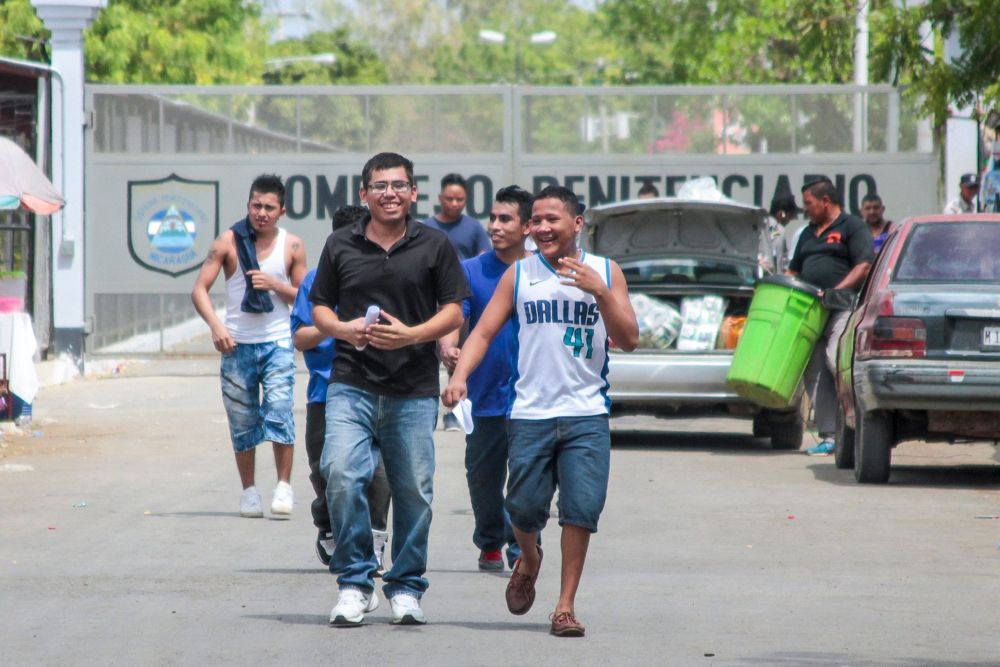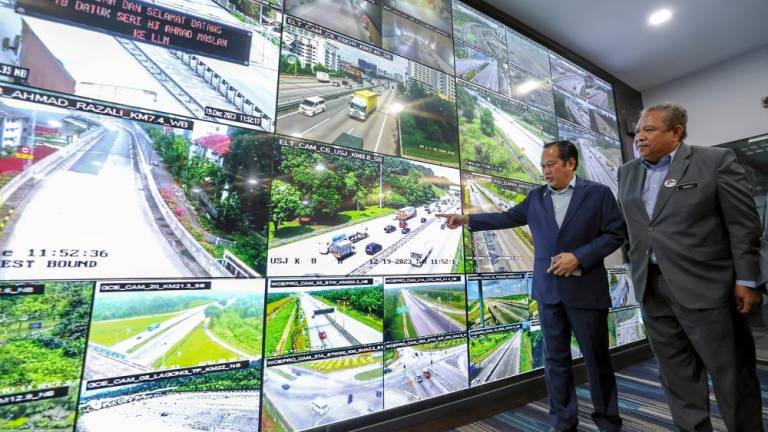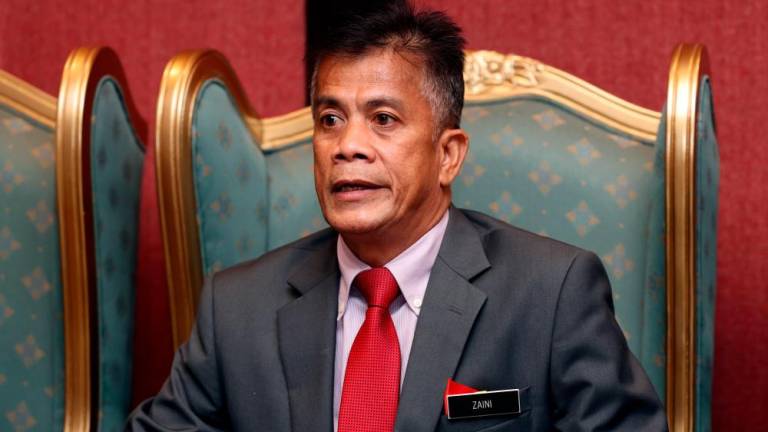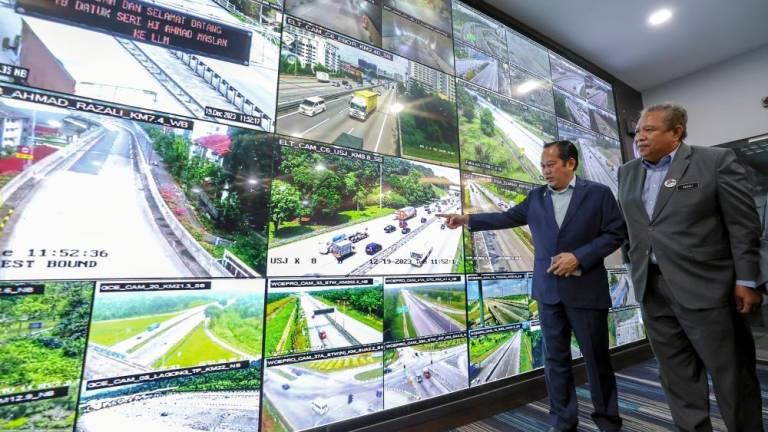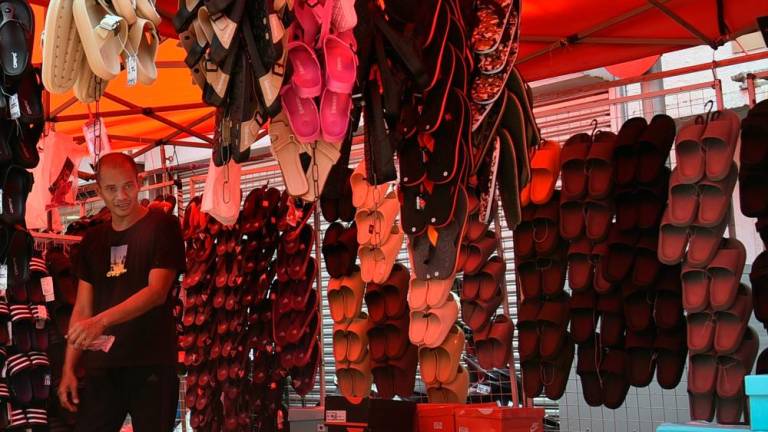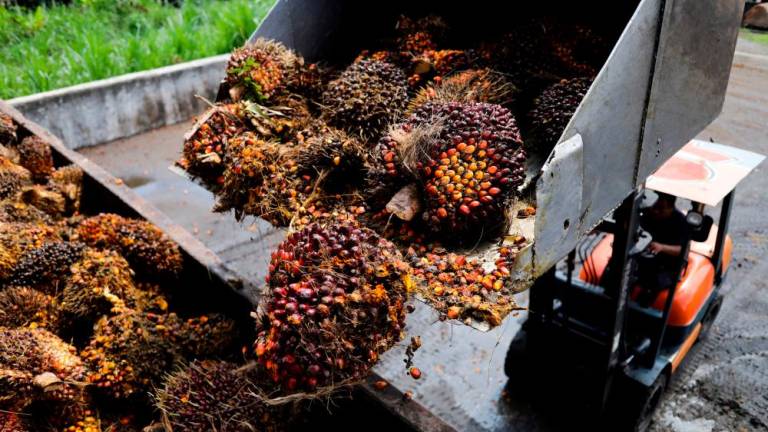MANAGUA: Nicaragua’s government released 636 prisoners yesterday as embattled President Daniel Ortega seeks to consolidate his hold on power nearly one year since the beginning of the biggest protests to shake his government.
The gesture came on the eve of a march organised by Ortega’s political opponents that the government has deemed illegal, potentially marking a new flashpoint in the conflict.
The protests first erupted last April when Ortega, a former Marxist guerrilla, tried to cut welfare benefits. The protests soon spiralled into a broader resistance movement and became the sharpest test of his authority since he took office again in 2007.
The freed prisoners will finish their sentences under home arrest and be prohibited from attending protests or other public gatherings.
According to the government, the group includes 36 who were arrested during previous protests, but it said none were political prisoners. The Civic Alliance, an opposition group, said in a statement, however, that 18 such detainees were released.
The opposition wants the government to honour a pledge to release hundreds of prisoners still in custody who were detained during the protests of the past year.
At least 324 people have been killed in the disturbances, according to the Inter-American Commission on Human Rights, an autonomous arm of the Organisation of American States.
Ortega has called the protests an illegal plot by his adversaries to oust him, while critics have accused him of increasingly authoritarian tendencies.
The government prohibited the opposition march planned for this afternoon on the grounds that those behind it were involved in “grave disturbances to public order” in past protests.
But organisers appeared determined to ignore the state-ordered prohibition.
“Today more than ever we call on the people to mobilize and express their desire for freedom in the most civic and peaceful way,” the opposition National Unity coalition said in a statement yesterday.
The march scheduled for today, as well as other opposition events set for tomorrow and Friday, could reignite civil unrest. Tomorrow will mark a year since the start of the protests.
The anniversary coincides with Christian feast days marking Holy Week, and the gatherings associated with them have often provided venues for public demonstrations.
United Nations human rights chief Michelle Bachelet, a former president of Chile, has warned that the marches this week could turn violent. In a statement yesterday, her office noted that some 62,000 Nicaraguans had been displaced over the past year and that hundreds more had been arrested.
A Cold War adversary of the United States, the 73-year-old Ortega also served a single term as president in the 1980s. — Reuters



